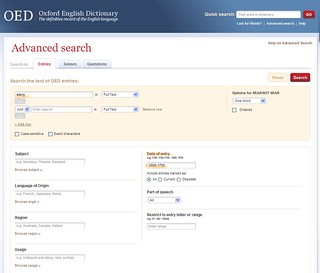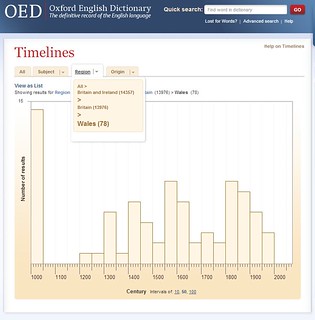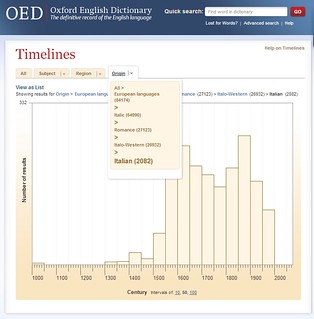Could you introduce yourself, and let us know your job title?
My name is Rachel White and I am the Information Consultant for English, Media Arts, Drama & Theatre and the Centre for the Development of Academic Skills (CeDAS).

How long have you been at RHUL Library?
I started at Royal Holloway in April 2016. I am looking forward to the new academic year and meeting all of the students!
What is your role within the Library?
My role is to support several departments (English, Drama & Theatre, Media Arts and CeDAS) and to ensure the library has the resources the students and staff need. Another important part of my role is teaching information literacy skills. This involves showing users how to use resources, how to search effectively, how to recognise resources that are suitable to use and managing the information once you have found it.
Have you always worked in Libraries?
Yes apart from a some part time jobs before and during University. I’ve worked in various libraries including a specialist library in The Met Office, Further Education Colleges and Universities.
What did you want to be when you were little?
There was a very short period where I wanted to be a lorry driving! Not sure why this was especially as I don’t think I am the best driver, my Peugeot is plenty big enough! Since finishing University and getting my first part time post in a library as a library assistant all I have wanted to do is to work in libraries.

Do you have any heroes and if you do, why are they your heroes?
Not sure about hero but I do love JK Rowling! I am a massive fan of Harry Potter and the novels she has written under the guise of Robert Galbraith. I also love the fact that she has recently dropped off the Forbes billionaire list due in part to the large amounts of money she donates to various charities.
What did you study?
I studied English Literature at Swansea University
Do you have a favourite book, and why?
I have lots of favourite books and would struggle to pick just one! I remember there were two books that I studied at University that stayed with me. One was Dracula by Bram Stoker and the other was The Yellow Wallpaper by Charlotte Perkins Gilman. I loved both of these texts but did struggle to sleep after reading them both!
If you had a superhero alter ego, what would they be named, and what would your super power be?
Not sure what my superhero alter ego would be, but I definitely know what super power I would like! I would love to be able to disappear on the spot and turn up anywhere in the world instantly (apparating for any Harry Potter fans).
Describe working in the library in 3 words
Varied, rewarding, interesting
What advice would you give to a new student?
My advice would be to make use of the library resources and if you are unsure about anything at all contact your information consultant, we are all more than happy to help!






